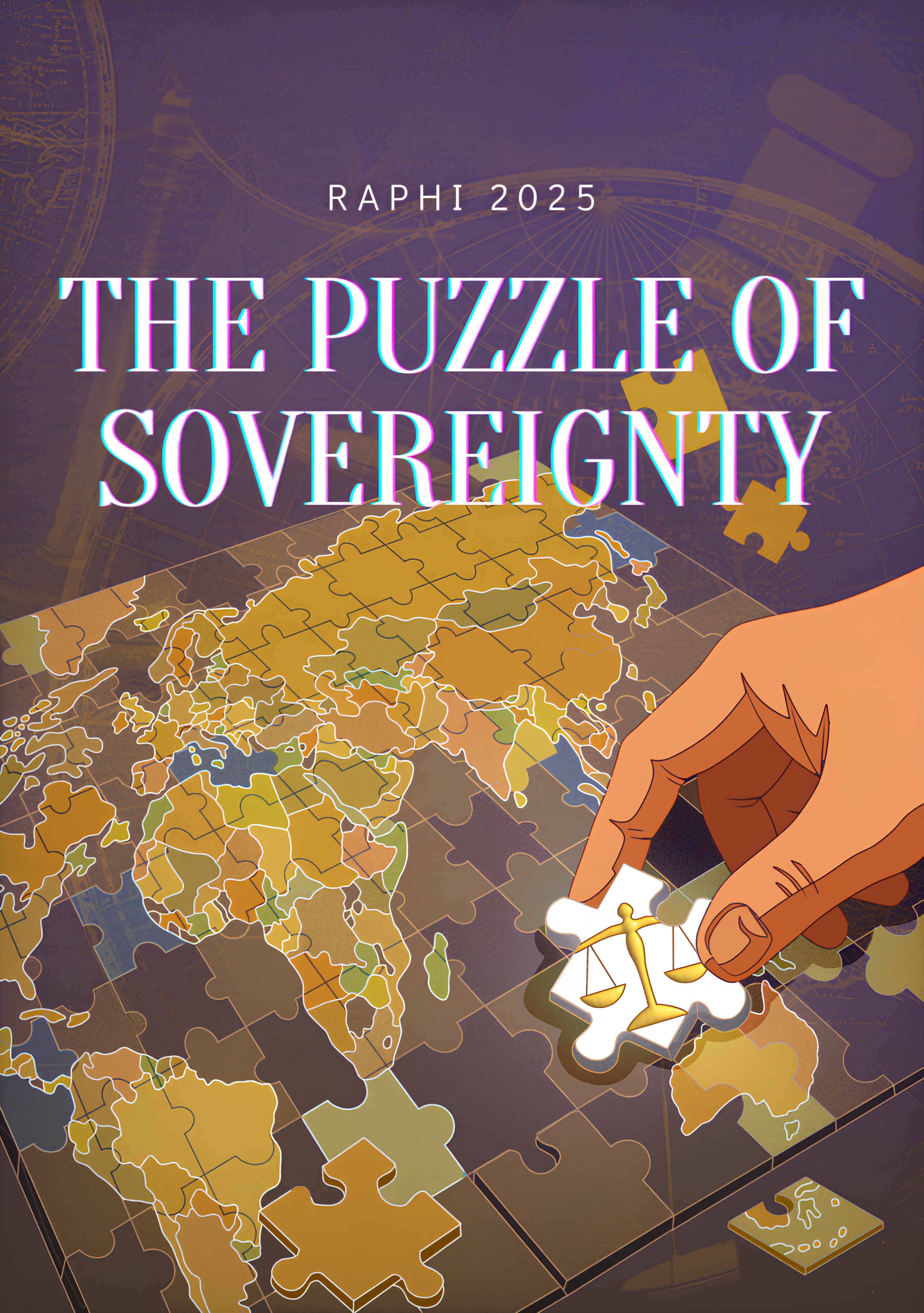The Tripartite Typology of States’ Obligations under International Human Rights Law
Keywords:
Human Rights, International LawAbstract
Abstract
The concept of human rights constitutes a distinctive departure from the classical framework of international law. Rather than imposing obligations exclusively between states, international human rights law recognizes the rights and freedoms of individuals and concurrently imposes obligations upon states to safeguard those individuals within their jurisdiction. The central challenge lies in the fact that international human rights law primarily articulates the substantive content of rights—that is, the desired outcomes—without offering detailed guidance on the means by which such obligations are to be complied. This lacuna has contributed to a persistent risk of non-compliance, whether intentional or inadvertent, on the part of states.
This article seeks to introduce a conceptual framework for understanding the tripartite typology of states’ obligations, that is, the obligation to respect, the obligation to protect, and the obligation to fulfill. I hoped that this contribution will enrich the understanding of how international human rights obligations can be implemented within the Thai legal scholarship.
References
Andrew Clapham, Human Rights - A Very Short Introduction. Oxford: Oxford University Press, 2015.
Asbjørn Eide, “The Right to Adequate Food and to be Free from Hunger Updated Study on the Right to Food,” (United Nations CESCR Committee, E/CN.4/Sub.2/1999, 28 June 1999)
Ben Djazia et al v Spain, Communication no. 5/2015, UN Doc. E/C.12/61/D/ 5/2015 (20 June 2017).
Constantin Panayiotis Economides. “Content of the Obligation: Obligations of Means and Obligations of Result” in The Law of International Responsibility. editor by J Crawford et al. Oxford: Oxford University Press, 2010.
David James Harris and Michael O’Boyle et al. Harris, O’Boyle & Warbrick Law of the European Convention on Human Rights. 2nd edn. Oxford: Oxford University Press, 2009.
Dinah Shelton and Aurel Gould. “Positive and Negative Obligations” in The Oxford Handbook of International Human Rights Law. Editor by D Shelton. Oxford: Oxford University Press, 2013.
El Alwani v Libya, Communication no. 1295/2004, UN Doc CCPR/C/90/D/1295/2004 (11 July 2006).
Fedotova v Russian Federation, Application nos. 40792/10, 30538/14 and 43439/14, Judgment of 17 January 2023.
Hersch Lauterpacht. International Law and Human Rights. New York: F. A. Praeger 1950.
I.D.G. v Spain, Communication no. 2/2014, UN Doc. E/C.12/55/D/2/2014 (17 June 2015).
Igor Ivanovich Lukashuk. “The Principle Pacta Sunt Servanda and the Nature of Obligation Under International Law” The American Journal of International Law 83, 3 (July, 1989): 513 – 518.
Jan Gerards. “How to Improve the Necessity Test of the European Court of Human Rights” International Journal of Constitutional Law 11 (2013): 466 – 490.
McCann and Others v United Kingdom, Application no. 18984/91, Judgment of 27 September 1995.
Olivier De Schutter. International Human Rights Law: Cases, Materials, Commentary. 3rd edn Cambridge: Cambridge University Press, 2019.
Opuz v Turkey, Application no. 33401/02, Judgment of 9 June 2009.
Özgür Gündem v Turkey, Application no. 23144/93, Judgment of 16 March 2000.
Pinkney v Canada, Communication no. 27/1977, UN Doc. CCPR/C/14/D/27/1977 (29 October 1981).
Plattform “Ärztefürdas Leben” v Austria, Application no. 10126/82, Judgment of 21 June 1988.
Rebecca E. Robertson. “Measuring State Compliance with the Obligation to Devote the “Maximum Available Resources” to Realizing Economic, Social, and Cultural Rights” Human Rights Law Quarterly 16, 4 (1994): 703 – 713.
Rojas García et al v Colombia, Communication no. 687/1996, final views of 3 April 2001, UN Doc. CCPR/C/71/D/687/1996 (3 April 2001).
S.A.S. v France, Application no. 43835/11, Judgment of 1 July 2014.
Siliadin v France, Application no. 73316/01, Judgment of 26 July 2005.
Stephen V. Scott. “Identifying the Source and Nature of a State's Political Obligation towards International Law” Journal of International Law and International Relations I, 1-2 (Winter 2004/Spring 2005): 49 – 60.
United Nations CESCR Committee, “General Comment No. 15 The Right to Water (Art. 11 and 12 of the International Covenant on Economic, Social and Cultural Rights)” (E/C.12/2002/11)(20 January 2003)
United Nations CESCR Committee, “General Comment No. 3 The Nature of States Parties’ Obligations (Art. 2 para. 1 of the International Covenant on Economic, Social and Cultural Rights)” (E/1991/23)(1990)
United Nations Human Rights Committee, “General Comment No. 31 The Nature of the General Legal Obligation Imposed on States Parties to the Covenant” (CCPR/C/21/Rev.1/Add. 13)(26 May 2004).
แผนสิทธิมนุษยชนแห่งชาติ ฉบับที่ 5 <https://humanrights.mfa.go.th/in-the-potlight/documents/nationalhumanrightsplan5/> เข้าถึงเมื่อ 4 มิถุนายน 2568.
จรัญ โฆษณานันท์. สิทธิมนุษยชนไร้พรมแดน: ปรัชญา กฎหมาย และความเป็นจริงทางสังคม. กรุงเทพฯ: นิติธรรม, 2556.
นพนิธิ สุริยะ. “กฎหมายระหว่างประเทศสัมพันธ์กับกฎหมายไทยได้อย่างไร?” ใน คู่มือกฎหมายระหว่างประเทศเพื่อประชาชน หนังสือกฎหมายเพื่ออาจาริยบูชา แด่ อาจารย์นพนิธิ สุริยะ. บรรณาธิการ โดย ชาติชาย เชษฐสุมน. กรุงเทพฯ: โรงพิมพ์เดือนตุลา, 2554.
วิรัญญา ตินโนเวช. “การรับรองและคุ้มครองสิทธิในที่อยู่อาศัยที่เพียงพอตามกฎหมายไทย” วิทยานิพนธ์ปริญญามหาบัณฑิต, คณะนิติศาสตร์, จุฬาลงกรณ์มหาวิทยาลัย, 2561.


